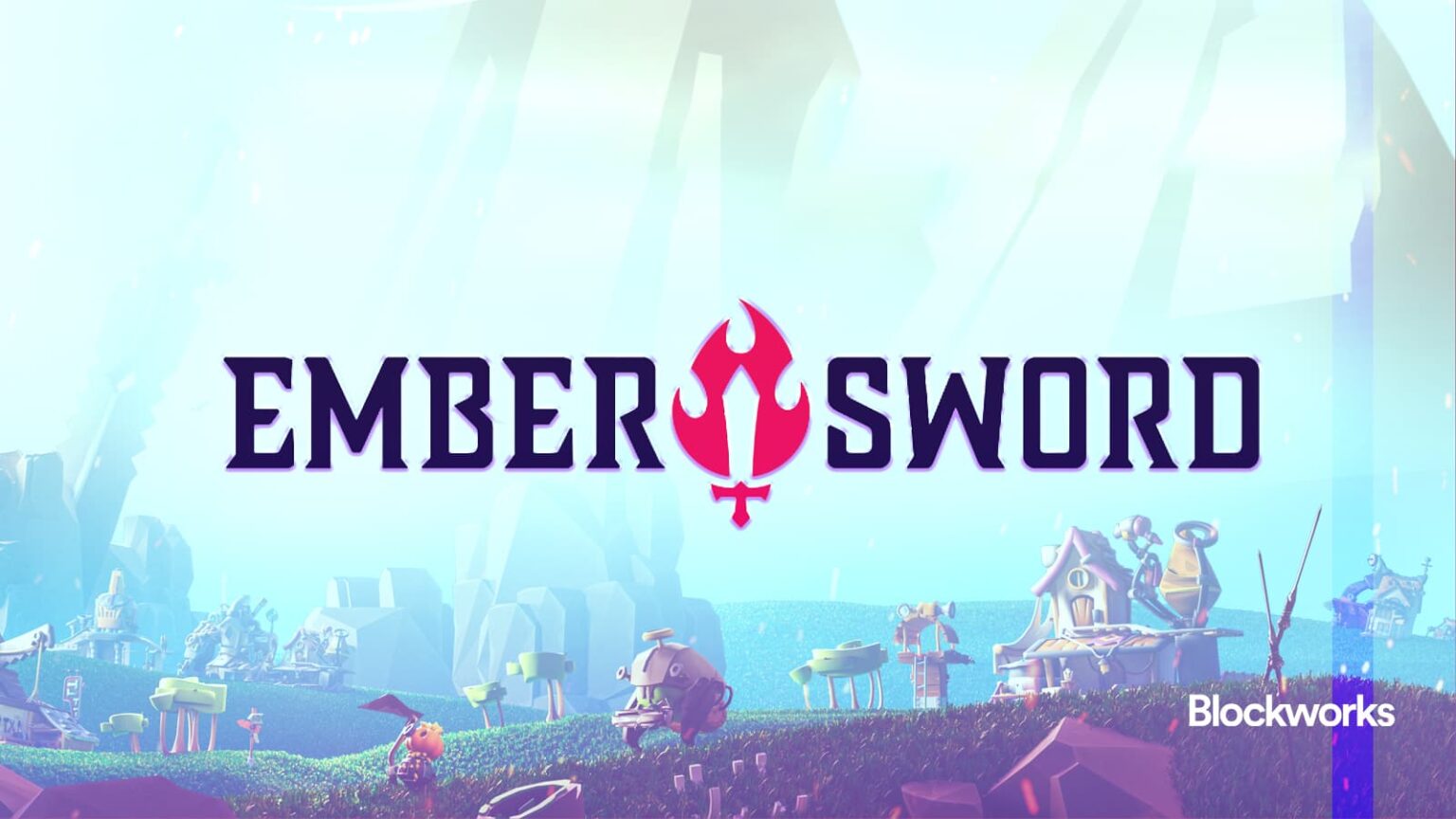Ember Sword Crypto MMORPG Cancellation Highlights Funding Challenges in the Space
This article reflects information previously published in The Drop newsletter and represents ongoing cryptocurrency sector developments.
Developed over seven years, the ambitious blockchain-based MMORPG Ember Sword has been canceled by its creators, Bright Star Studios (formerly So Couch Studios), citing insufficient funding as the primary reason. The project, which shifted blockchain platforms multiple times and raised significant capital from early NFT buyers, now will cease operations indefinitely.
Bright Star Studios announced the cancellation, noting that their website has been wiped clean. The team stated on what remains of their online presence: “In today’s market, we couldn’t find a path to keep building. Our journey, and the servers, will go offline.”
While the game was not yet publicly released and offered only full early access in December 2024 (though community playtests occurred since 2023), funding secured for Ember Sword appears disparate. Data from sources like BlockchainGamer.biz and press releases indicate disclosed funding rounds totaling $2.7 million: $700,000 raised in 2020, and a further $2 million in 2021. Prior to this, the studio operated under the name So Couch Studios.
The project’s reliance on NFT sales for financing became particularly prominent in 2021, a peak period for NFTs more broadly. Collectively, prospective Ember Sword players pledged a reported $203 million through NFT land sales for the as-yet unreleased game, underscoring how crypto projects sometimes monetize early interest.
However, the subsequent funding narrative from 2023 paints a different picture, with VentureBeat reporting total funding raised by the game (including $7.1 million specifically earmarked for “land sales,” plus an undisclosed figure related to the 2023 “Alpha land sale”) reaching approximately $18 million. This seemingly contradicts the 2024 justification for cancellation.
This situation reflects a recurring theme in crypto gaming: the delicate balance between securing funding and potentially “monetizing too early,” as venture capital observers have recently cautioned. Furthermore, it’s acknowledged that the true amount raised by smaller studios often involves undisclosed blockchain partnerships or grants, making precise figures difficult to ascertain.
Adding a layer of context, Ember Sword’s development reportedly took a sharp turn early on, moving away from Unity and subsequently developing or switching between five different proprietary game engines before arriving at “Project SERIUS,” according to an archived website statement that described the ambitious project’s goal: “This is not just another browser game. This is a fully functioning highly competitive MMORPG… accessible via the browser… allowing hundreds of millions of users to enjoy it as opposed to a few million.”
In the final analysis, Ember Sword’s journey ends without a launch. The project’s native token, EMBER, saw a dramatic decline, dropping over 99% from its all-time high seen at launch in mid-2024.
Bright Star Studios did not respond to requests for comment on these developments.












